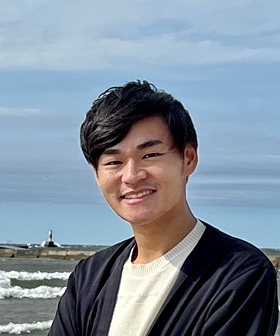Andrew Fischer, adhf2@cam.ac.uk
USA
Japanese Studies, Faculty of Asian and Middle Eastern Studies, Robinson College
PhD thesis: The Hosokawa Warrior Family and Japan's 'Age of Unification' (working title).
Research interests:
1. Sixteenth and Seventeenth-Century Japanese history.
2. Japan's 'Christian Century' (1549-1650).
3. Historical narratives.
4. Portrayals of Sixteenth and Seventeenth-Century Japan in literature and popular media.
The Shokuhō period (1568–1600)—named for the so-called ‘unifiers’ Oda Nobunaga and Toyotomi Hideyoshi—was a major watershed in Japanese history that saw the cessation of endemic violence and the emergence of a new political order. The Hosokawa warrior family served under the Ashikaga shogunate before rising in status under Nobunaga and Hideyoshi. Following Hideyoshi’s death and the establishment of the Tokugawa shogunate, the Hosokawa were granted an immense domain in southern Japan which they controlled for over two centuries. Beginning with documents held by the Hosokawa, I hope to examine primary and secondary sources in order to shed light on the Shokuhō period, which some have styled Japan’s ‘Age of Unification’. I intend to consider the following questions: How did the Oda and Toyotomi administrations differ, both from one another and from what preceded them? What makes a daimyō—regional lord—a ‘unifier’?
Who or what inspired you to pursue your research interests?
Scholars have, in the past, tried to force square pegs into round holes by analysing Japan through the lens of feudalism, a problematic historiographic construct formerly applied to medieval Europe. Complicating matters further, distorted portrayals of the daimyō in both literature and popular media have resulted in the construction of images that often exaggerate or contradict reality. I myself encountered sixteenth and seventeenth-century Japan through literature and video games. Eager to deepen—and correct—my understanding of the Japanese past, I spent over four years in Japan travelling to historical sites and developing my Japanese-language proficiency.

